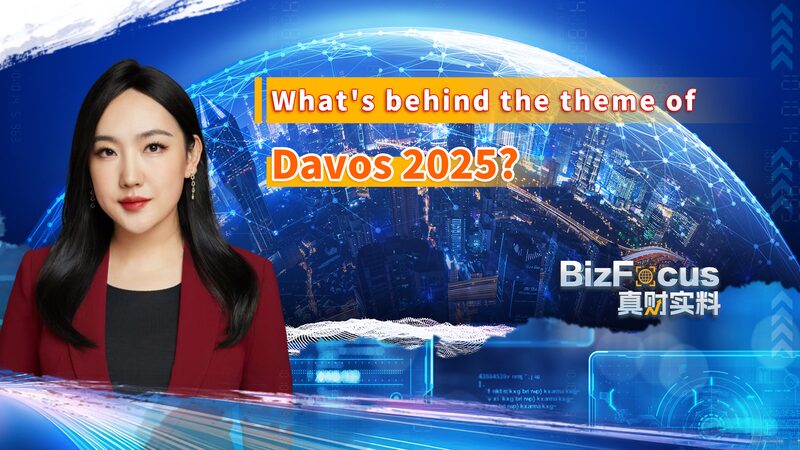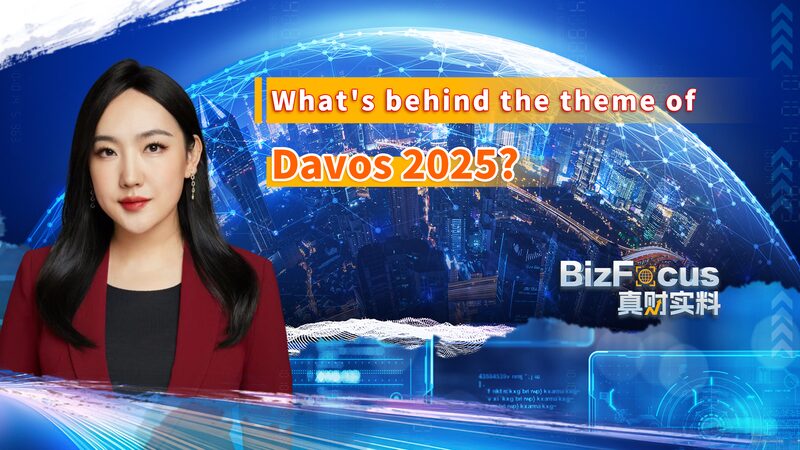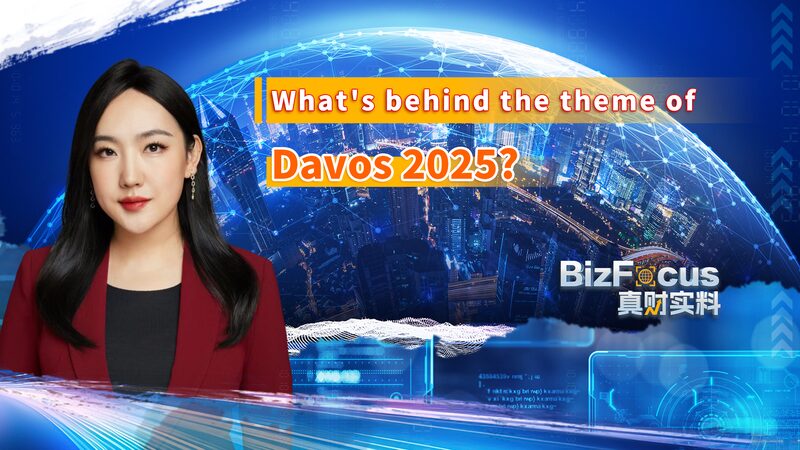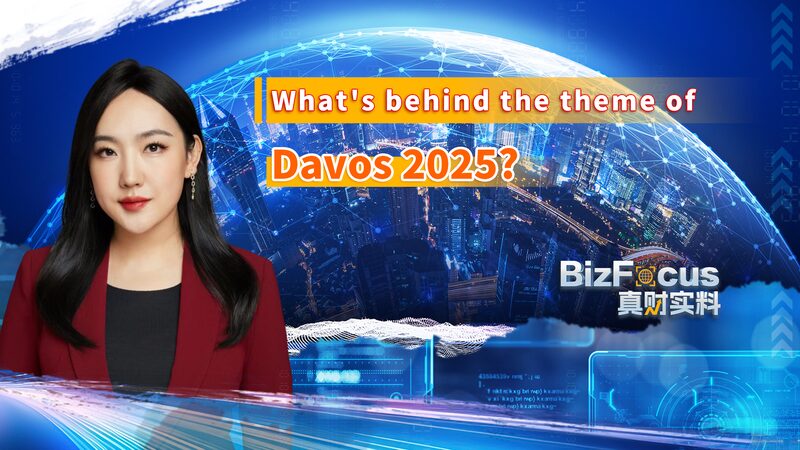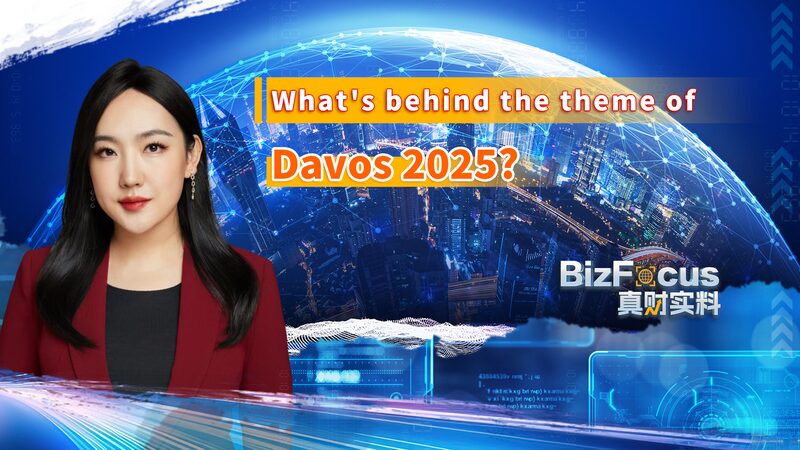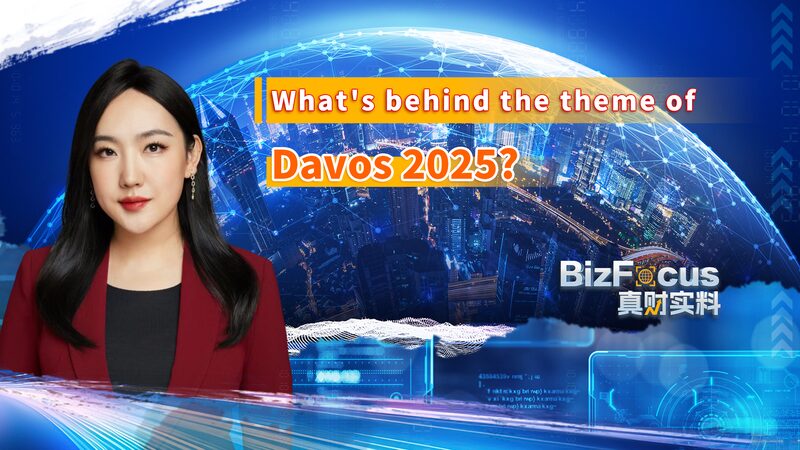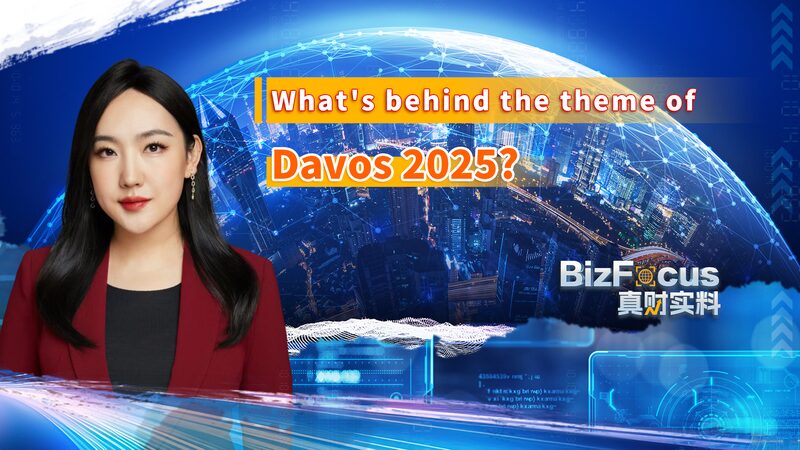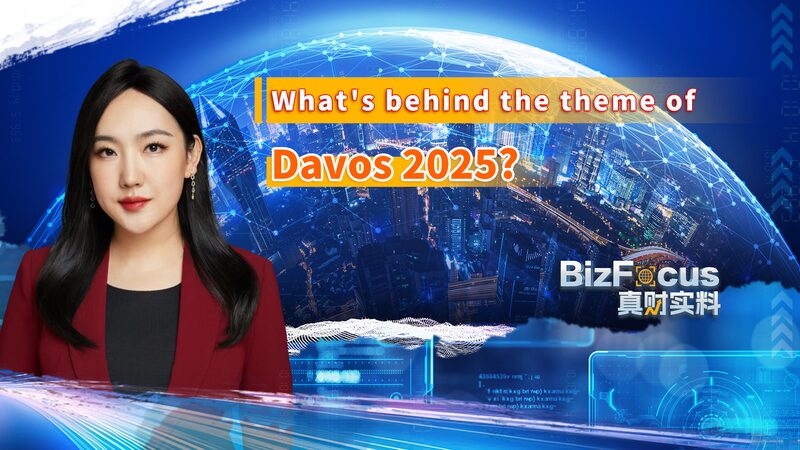As the World Economic Forum's Annual Meeting 2025 unfolds in Davos, the spotlight is on Collaboration in the Intelligent Age. Gathering around 3,000 global leaders, innovators, and thinkers from over 130 countries, this year's forum couldn't come at a more pivotal moment. The world stands at a crossroads of massive technological shifts, economic uncertainty, and a rapidly changing climate. The pressing question is: How do we work together to navigate these challenges?
Artificial intelligence (AI) takes center stage this year. With the global economy undergoing a paradigm shift, AI holds the potential to drive growth, transform industries, and improve lives across the globe. Reports released ahead of the forum suggest that by 2030, AI and other information-processing technologies will transform 86% of businesses, sparking the creation of 170 million new roles worldwide.
Beyond its economic implications, AI offers extraordinary opportunities to address global challenges such as healthcare, education, and environmental sustainability. However, realizing this potential requires trust, transparency, and a commitment to inclusivity. Without these, the intelligent age risks exacerbating the divides that already exist.
Klaus Schwab, founder of the World Economic Forum, emphasized that despite great uncertainties and differing perspectives, this meeting fosters a spirit of constructive optimism. \"We must harness the power of collaboration to shape a future where technology serves all of humanity,\" he stated.
This gathering is more than just a conference—it's a call to action. Collaboration in the Intelligent Age demands breaking down barriers, sharing resources, and building trust across borders and industries. The challenges we face—geopolitical tensions, economic fragmentation, and climate instability—are daunting. Yet, the conversations here reflect a growing recognition that collaboration isn't optional; it's the only way forward.
As delegates engage in dialogues and forge partnerships, the hope is that collective efforts will lead to innovative solutions that benefit societies worldwide. The intelligent age presents unparalleled opportunities, but only if global stakeholders commit to working together.
Reference(s):
cgtn.com

